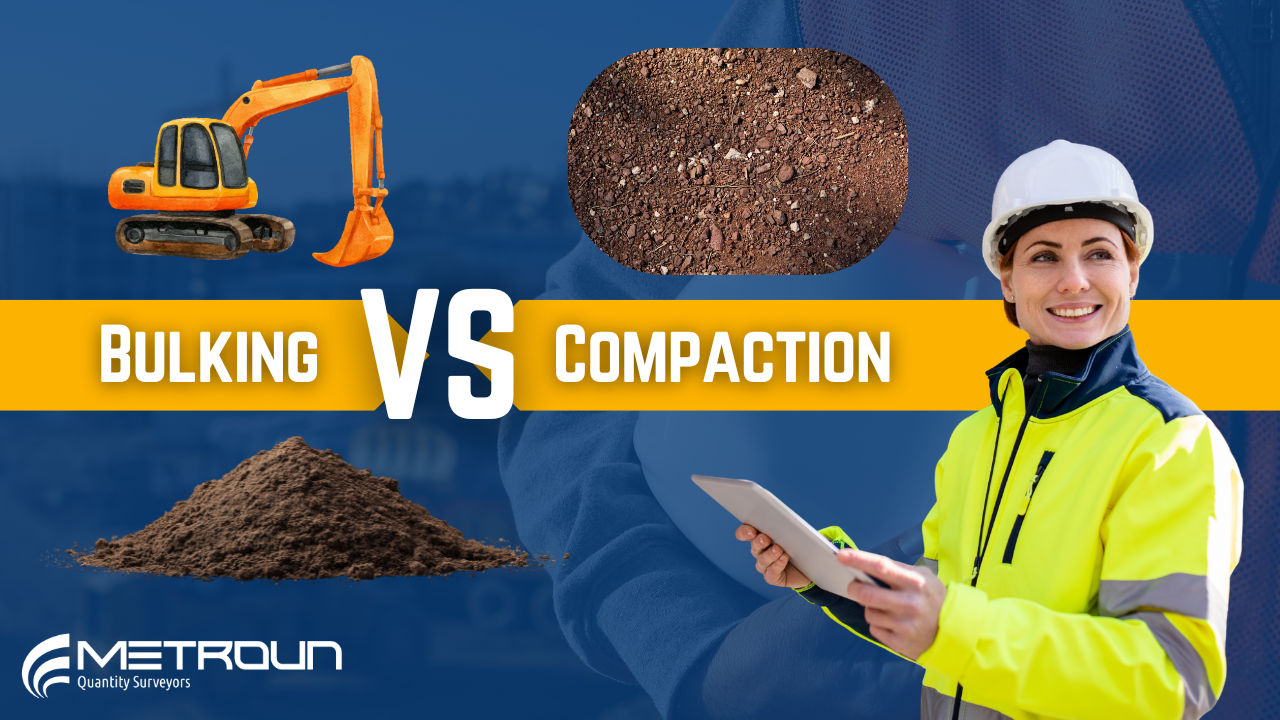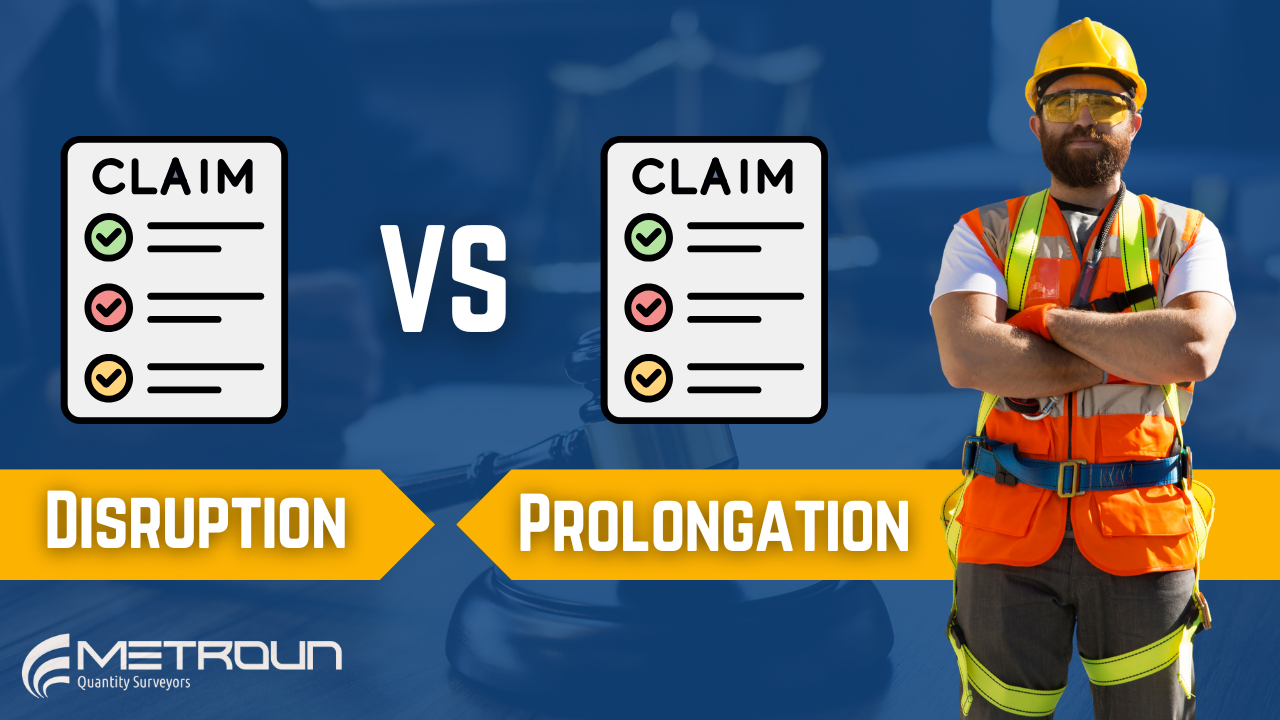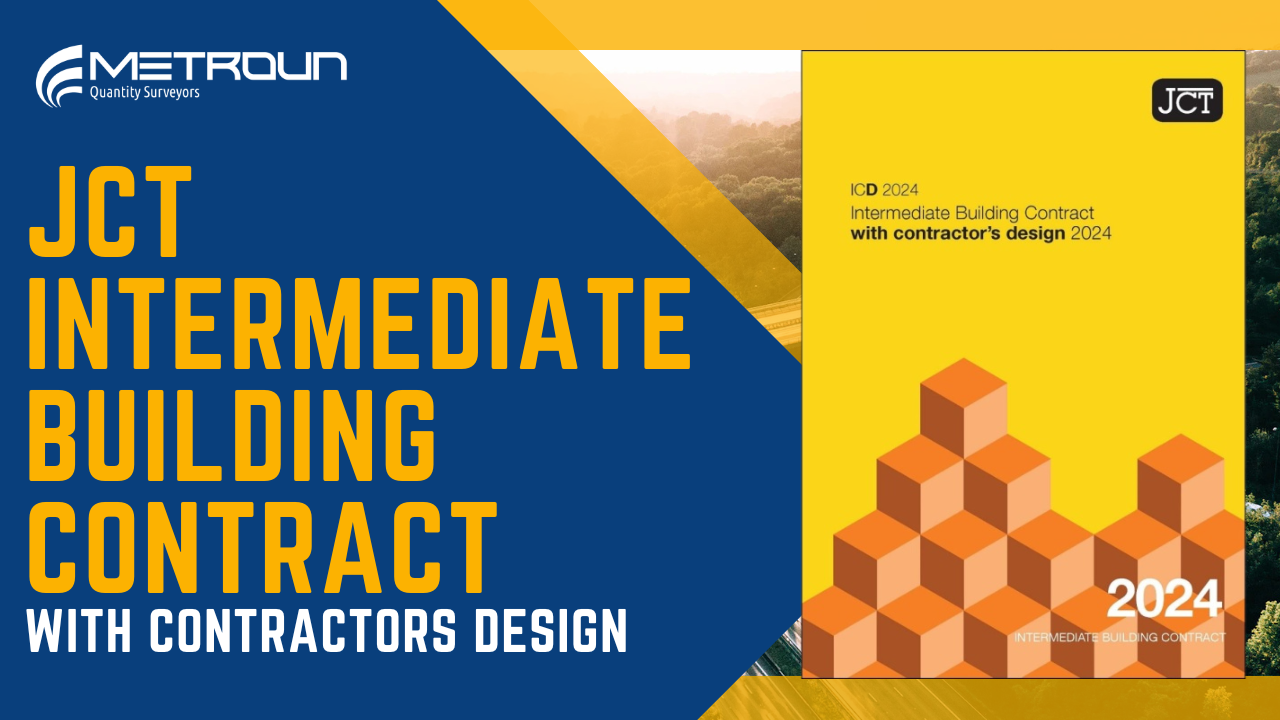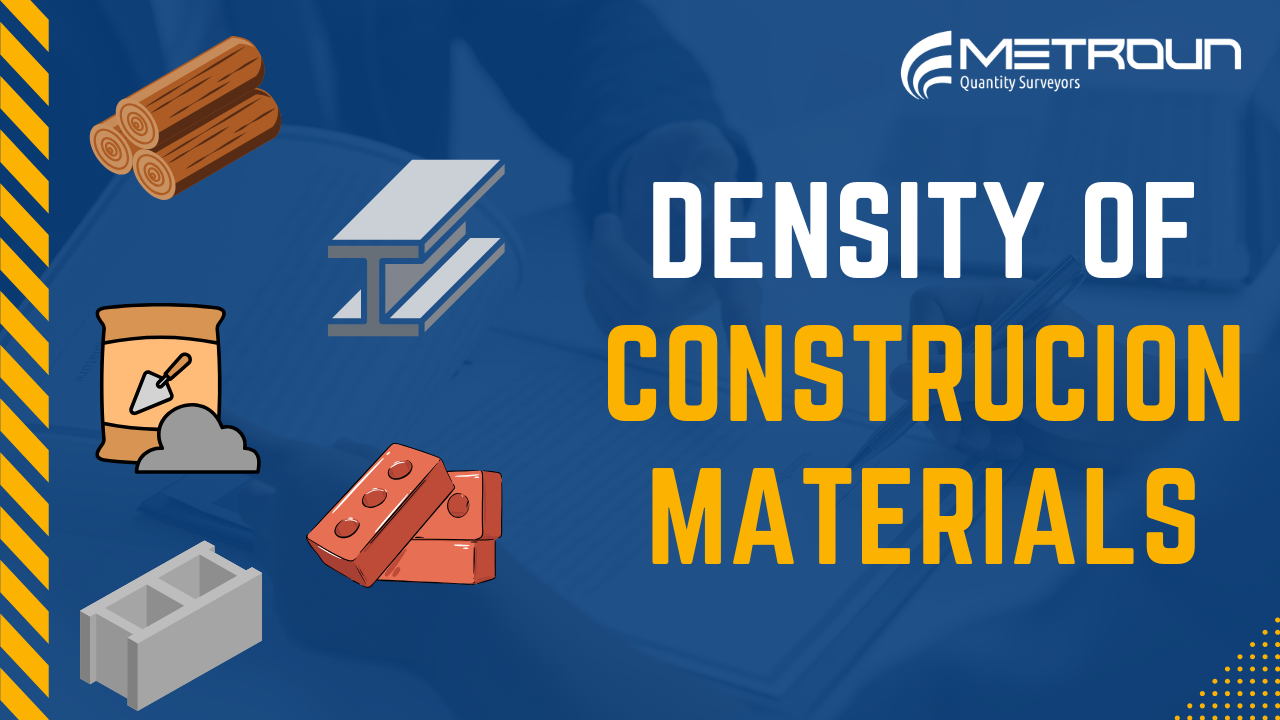A Pre-Qualification Questionnaire (PQQ) is a document used in the UK construction industry to streamline the tendering process. Its primary purpose is to assess whether potential contractors or suppliers are suitable to move forward before being invited to submit a full tender.
By filtering applicants early on, PQQs save time, reduce risks, and ensure fairness across the procurement process. Let’s explore their purpose, content, and significance in more detail.
The Purpose of PQQs
- Initial Screening: PQQs act as a first filter, ensuring only companies that meet minimum criteria progress further. This is vital in construction, where technical, financial, and professional competence directly affects project outcomes.
- Standardisation and Fairness: A standardised questionnaire enables a transparent comparison of applicants against pre-defined criteria, levelling the playing field.
- Risk Management: By screening out under-qualified contractors early, PQQs help reduce risks around capability, compliance, and delivery.
What Does a PQQ Include?
While each PQQ is tailored to the project, most cover these key areas:
- Basic Company Details: Name, address, contacts, company structure, and key personnel.
- Financial Information: Turnover, profit margins, and insurance cover, used to gauge financial stability.
- Experience and Track Record: Case studies, references, and past project examples to demonstrate capability.
- Health and Safety: Policies, compliance with legislation, and safety records, reflecting the industry’s focus on protecting workers and the public.
- Quality Assurance: Certifications such as ISO standards and systems that ensure consistent quality.
- Environmental Policies: Evidence of sustainability practices and environmental management systems.
- Equality and Diversity: Policies and practices promoting inclusivity—especially important in public sector procurement.
Why Are PQQs Important?
PQQs provide a range of benefits to both clients and contractors:
- Efficiency: Reduces a large applicant pool down to a manageable shortlist, streamlining procurement.
- Compliance: Ensures contractors meet legal and industry standards in a heavily regulated sector.
- Fairness: Standard criteria give smaller contractors a fair chance against larger firms.
- Focus on Quality and Safety: Encourages higher standards across the industry by prioritising safety, quality, and environmental responsibility.
Final Thoughts
Pre-Qualification Questionnaires are much more than paperwork—they are a vital tool for ensuring safe, efficient, and fair procurement in the construction industry. By focusing on competence, compliance, and quality, PQQs help clients appoint the right contractors while promoting higher standards across the sector.
For contractors, excelling in a PQQ submission is often the first step toward winning significant projects.










